Paganism
This page lists of the various symbols in the Paganism group.
Contemporary Paganism, Modern Paganism, or Neopaganism, is an umbrella term referring to a variety of contemporary religious movements, particularly those influenced by or claiming to be derived from the various historical pagan beliefs of pre-modern Europe. Although they do share commonalities, contemporary Pagan religious movements are diverse and no single set of beliefs, practices, or texts are shared by them all.
Contemporary Paganism is a synthesis of historical practice and modern innovation, drawing influences from pre-Christian, folkloric and ethnographic sources. The extent to which contemporary Pagans use these sources differs. Many follow a spirituality which they accept as entirely modern, whilst others attempt to reconstruct or revive indigenous, ethnic religions as found in historical and folkloric sources as accurately as possible. Polytheism, animism, and pantheism are common features in Pagan theology. Of the various days for celebration among Pagans, the most common
Symbols in this group:
Ankh
The ankh, also known as key of life, the key of the Nile or crux ansata (Latin meaning "cross with a handle"), was the ancient Egyptian hieroglyphic character that read "life", a triliteral sign for the consonants.
Apple
One of the most symbolic of all fruits, apples have held a central place in the traditions of many cultures.
Baphomet
Upon first glance, this image seems like the quintessential portrait of the devil. It certainly has demonic symbolism attached to it, but the history of Baphomet and how the name became associated with this image is far more complex than many people realize.
Boar
When it comes to symbolic meaning, the boar can be distinctly different from the “pig”, so this article will only address the former. While there are some general connotations to the boar that are fairly easy to understand, there are also innumerable cultural associations that follow in the tracks of this animal, wherever it happens to reside.
Cornucopia
The cornucopia is a large horn-shaped container - usually a woven basket overflowing with produce, flowers, or nuts. No two specimens are exactly alike. It's symbolic meaning is associated with a bounteous harvest.
Devil's Trap Demon Symbol Pentagram
The devil’s trap is a mystical symbol used to immobilise and control demons.
Elder sign
Icon in the Cthulhu Mythos. A warped, five-pointed star with a flaming pillar (or eye) in its center.
Elven Star
The Elven Star or the 7 pointed star has many different uses. One is to keep secrets safe from prying eyes of other magicians.
Enneagram
In geometry, an enneagram is a nine-pointed plane figure. It is sometimes called a nonagram.
The Enneagram of Personality, or simply the Enneagram (from the Greek words ἐννέα [ennéa, meaning "nine"] and γράμμα [grámma, meaning something "written" or "drawn"), is a model of the human psyche which is principally understood and taught as a typology of nine interconnected personality types.
Frankincense
We’ve all heard the adage that appearances can be deceiving, and this is particularly true in the case of frankincense. Despite resembling lumps of dried earwax, this precious material has been prized for thousands of years, and it still plays important roles in the world today.
Grapes
The symbolism of the grape is invariably tied to, and often overshadowed by, its fermented after-product- wine. Insofar as the two can be pried apart, this article will attempt to do so, and focus primarily on the fruit itself.
Mjolnir -- The Hammer of Thor
In Norse mythology, Mjolnir is the hammer of Thor, the Norse god associated with thunder.
Oak
In many parts of ancient Europe, the oak tree was a revered symbol and associated with numerous deities. Besides the tree itself, individual components such as acorns and leaves hold their own unique significance.
Pentagram
A pentagram (sometimes known as a pentalpha or pentangle or a star pentagon) is the shape of a five-pointed star drawn with five straight strokes.
Poppy
The cultural importance of the poppy stretches back over 3000 years, and its symbolic associations are fairly well known to modern society. These associations can be divided into two broad categories, and there are several layers within each category that add to the flower’s significance.
Rainbow
When it comes to natural phenomena, there are few things more intangible (for lack of a better term) than rainbows: you can’t pick them up in your hand like a rock; you can’t hear them like a thunderclap or a strong wind; you can’t feel them on your skin like rain; and you can’t remove things from them like fruit off a tree. Nonetheless, the rainbow is one of the most ubiquitous natural phenomena known to humanity. Artists have painted them, poets have written about them, and nearly every culture has assigned them powerful symbolic meanings, no matter where on the planet those cultures were located.
Seal of Enneutrū'ū Kí
An enclosed eight pointed stars with alchemical symbols inside of it, along with Hebrew inscriptions.
Seal of Enneutrū’ū Kí
An octagram inside of a circled dot with alchemical & astrological inscriptions in it.
Staff
The exact meaning of this symbol is somewhat convoluted, but variations of it have been designated as the "staff" of a number of ancient deities.
Staff (alternate)
The exact meaning of this symbol is somewhat convoluted, but variations of it have been designated as the "staff" of a number of ancient deities.
Staff of Adad
Possibly representing stylized bolts of lightning, this symbol was associated with Adad, the Babylonian storm god.
The Astaroth Sigil
Astaroth (also Ashtaroth, Astarot and Asteroth) is referred to in The Lesser Key of Solomon as a very powerful demon. In art, in the Dictionnaire Infernal, Astaroth is depicted as a nude man with feathered wings, wearing a crown, holding a serpent in one hand, and riding a beast with dragon-like wings and a serpent-like tail. According to Sebastien Michaelis he is a demon of the First Hierarchy, who seduces by means of laziness, vanity, and rationalized philosophies.
The Celtic Shield
The Celtic shield is often used to ward off evil spirits, and also for protection.
Valknut
The valknut is a symbol consisting of three interlocked triangles, and appears on various Germanic objects. A number of theories have been proposed for its significance.
Wheel of the Year
The Wheel of the Year is an annual cycle of seasonal festivals in contemporary Paganism. It consists primarily of eight festivals based around the solstices and equinoxes, known as the quarter days, and the midpoints between, known as the cross quarter days.
Citation
Use the citation below to add this symbols group page to your bibliography:
Style:MLAChicagoAPA
"Paganism Symbols." Symbols.com. STANDS4 LLC, 2025. Web. 22 Feb. 2025. <https://www.symbols.com/group/31/Paganism>.
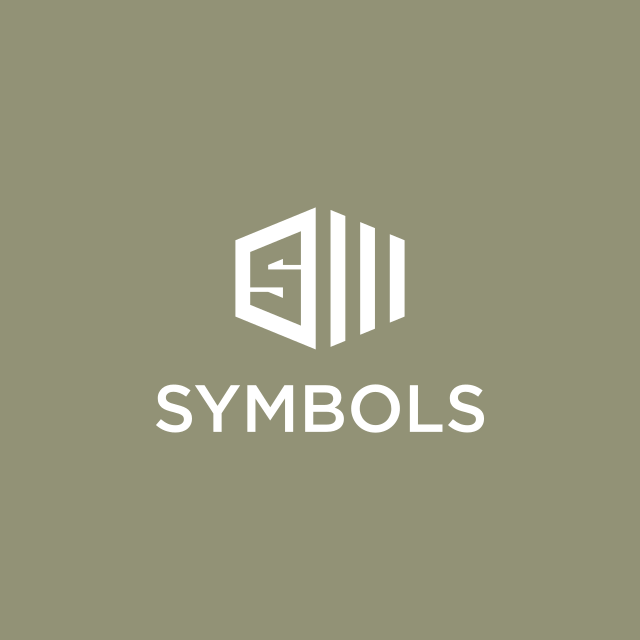
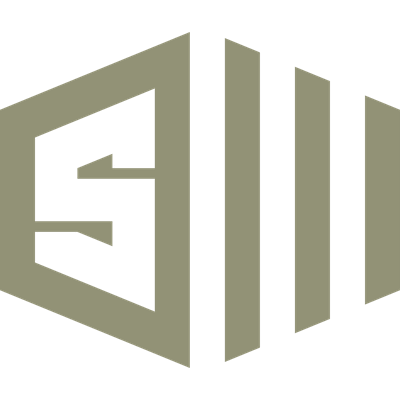
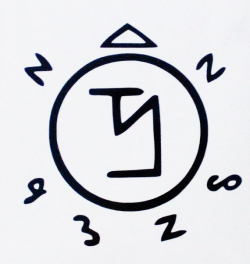
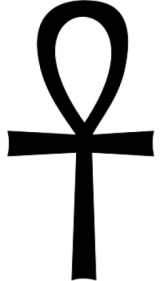
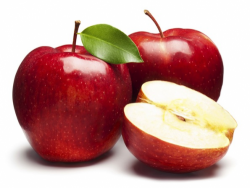
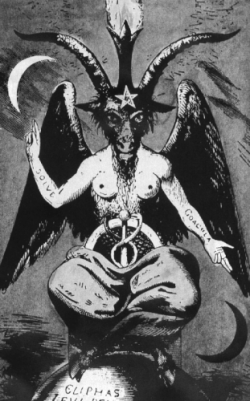

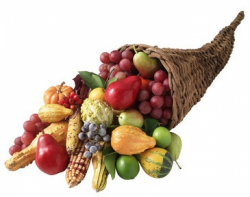
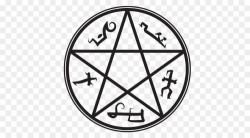
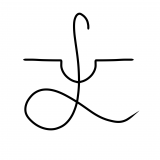

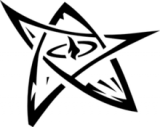
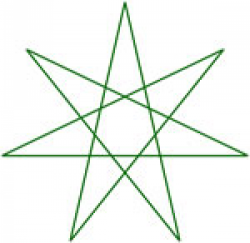

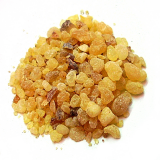
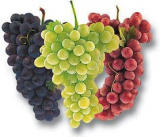

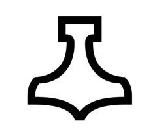
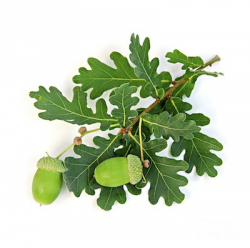
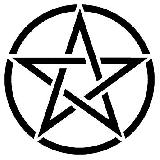
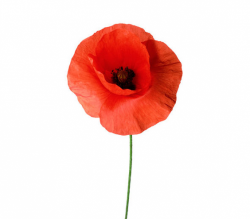

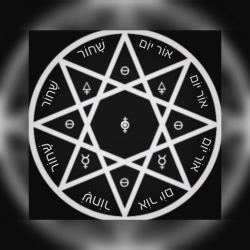
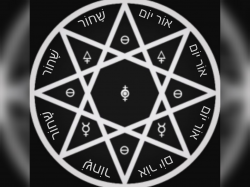
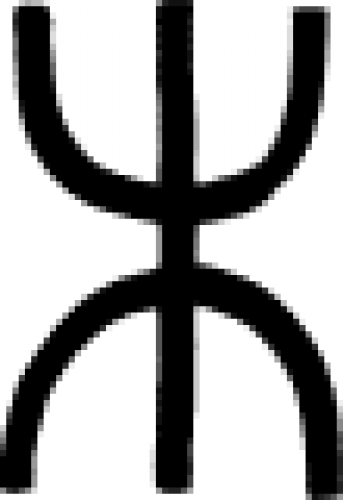
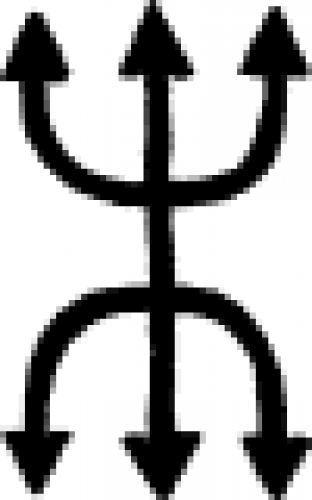
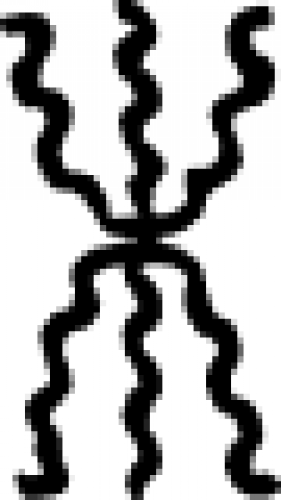
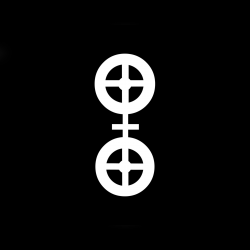
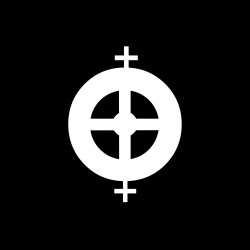

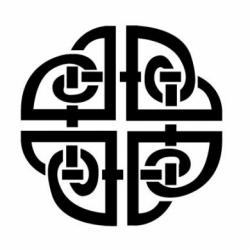
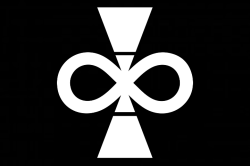

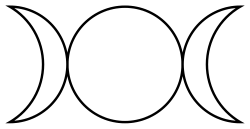
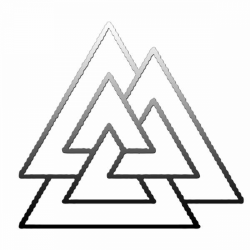





Have a discussion about the Paganism group with the community:
Report Comment
We're doing our best to make sure our content is useful, accurate and safe.
If by any chance you spot an inappropriate comment while navigating through our website please use this form to let us know, and we'll take care of it shortly.
Attachment
You need to be logged in to favorite.
Log In